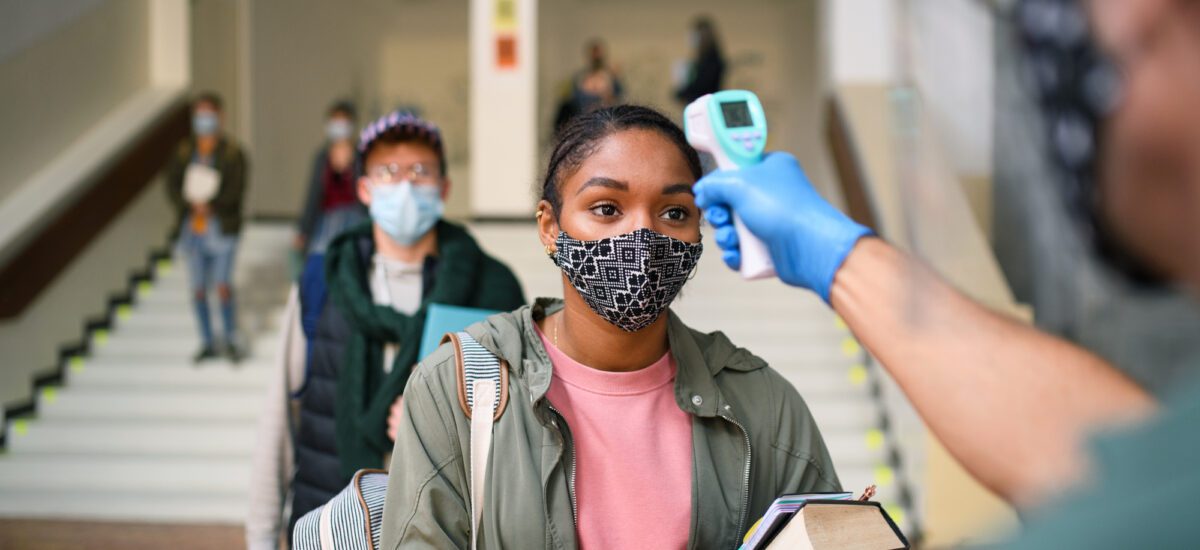With students prioritizing grades, test scores, personal essays, and more to stand out, applying for their dream college is often a stressful time. Also, with COVID-19 showing no signs of slowing down, both students and admissions offices have been forced to reconsider the process.
The COVID-19 pandemic has most likely changed college admissions indefinitely. After all, students are receiving pass/fail grades, extracurricular activities are being canceled, and many colleges have waived standardized tests altogether. Meaning, traditional signals that admission offices use to distinguish and recruit students are missing.
The Evolving College Admissions in the COVID-19 Pandemic
Even universities and colleges with the best resources are finding it hard to forecast enrollment for the upcoming school year. How are admission admissions adapting to COVID-19 changes? Let’s take a look at a few innovative ways college admissions are updating their processes to enroll students.
As the global higher education landscape continues to shift due to the pandemic, admission offices have pivoted their response to sustain admission rates and enroll students for the upcoming year. Here are a few ways admissions are responding to change:
1. Extended Application Deadlines
Traditionally, May 1st is the college application deadline for prospective students. However, many higher education establishments are moving the decision deadline and being more flexible to accommodate families who have been impacted by the virus. Universities in the United States like Williams College and George Mason University extended the deadline to June 1st — giving students the necessary time to plan for their future.
2. Waived Application Fees
With 99% of families needing some sort of financial aid to pay for college, it’s more important than ever during the pandemic to help make higher education a more viable economic option. One way schools, like Kent State University and The University of Akron, are easing the burden is by waiving application fees and offering more robust scholarship programs.
3. Updated College Entry Requirements
To attract more international students for college admissions, universities are waiving standardized tests such as SAT, ACT, and are also lowering the language entry requirements — making higher education more accessible for all students. However, admission officers who adopt this approach will also need a credible plan to ensure students receive support to build necessary skills that are critical to success.
4. Flexible Study Options
With access to a new culture and independence, study abroad and international study programs are some of the most rewarding experiences for students. To help students fulfill this dream, some universities are offering more flexible learning options that permit remote study in a home country before relocating to the university.
5. Improved Communication
To recruit and admit top talent during a pandemic, admissions are starting to adapt communication methods to communicate with students on a more personal level. Admissions are utilizing the following tactics to connect with prospects:
- Personalized email journeys that follow students throughout the application process
- Thoughtful video content that showcases the campus benefits
- Engaging social media like Q&As, campus life, and more
Making an Impact with College Admissions
Whether temporary or permanent, the impact of COVID-19 on higher education admission is still widely unknown. However, as admission offices adapt their processes to support students, prospective learners need to stay abreast of trends and understand how these changes affect their admittance. Students will also need to adjust their expectations and accommodate these changes during the application process.
Looking for college admission assistance? Contact Bruscan Educational Information Services for personalized education consulting services.

